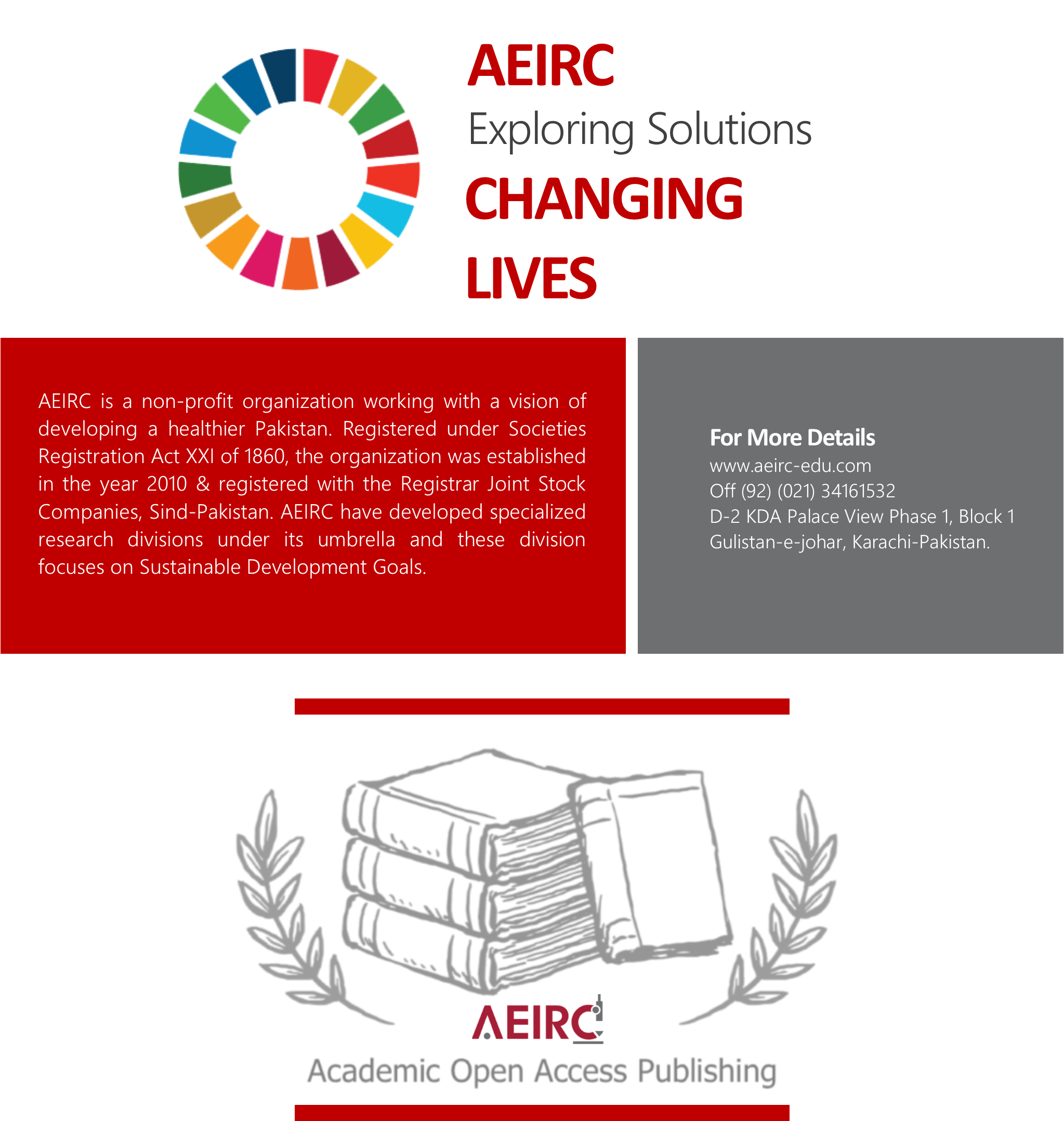Impact of percutaneous coronary intervention on the mental wellbeing and quality of life of patients with coronary artery disease.
DOI:
https://doi.org/10.29052/IJEHSR.v11.i4.2023.179-184Keywords:
Angioplasty, Percutaneous Coronary Intervention, Mental Health, Quality of Life.Abstract
Background: Coronary artery disease (CAD) is a major global health concern, straining healthcare systems. Coronary angioplasty (PCI) with stenting, a common CAD treatment, effectively alleviates angina symptoms, enhances myocardial perfusion, and prevents major cardiac events. However, PCI's influence on patients' mental health and overall wellbeing requires investigation. This study explores PCI's impact on CAD patients' mental health and wellbeing.
Methodology: This research utilized a prospective cohort design to investigate health-related quality of life and mental wellbeing in patients with CAD undergoing PCI. A total of 100 CAD patients scheduled for elective PCI were recruited from a cardiac center. Health-related quality of life and mental wellbeing were assessed at three time points, pre-procedure (baseline), 1 month, and 6 months post-PCI. Validated instruments were used to measure these outcomes.
Results: The results showed significant improvements in psychological outcomes following PCI. Participants experienced a significant decrease in depression scores from baseline (M = 16.2, SD = 4.3) to 1 month (M = 12.8, SD = 3.9, p < 0.001) and 6 months (M = 11.6, SD = 4.1, p < 0.001) post-PCI. Similarly, anxiety scores significantly decreased from baseline (M = 34.7, SD = 6.1) to 1 month (M = 29.8, SD = 5.5, p < 0.001) and 6 months (M = 28.2, SD = 5.8, p < 0.001) post-PCI. Quality of life scores significantly improved from baseline (M = 65.4, SD = 8.7) to 1 month (M = 73.2, SD = 7.5, p < 0.001) and 6 months (M = 76.5, SD = 7.2, p < 0.001) post-PCI. Psychological wellbeing scores also significantly increased from baseline (M = 52.1, SD = 9.2) to 1 month (M = 57.8, SD = 8.4, p < 0.001) and 6 months (M = 60.3, SD = 8.1, p < 0.001) post-PCI.
Conclusion: Angioplasty or PCI has a significant positive impact on the mental health and wellbeing of patients with CAD, as evidenced by improvements in depression, anxiety, quality of life, and psychological wellbeing.
Downloads
Published
How to Cite
Issue
Section
License
Copyright (c) 2023 The Author(s)

This work is licensed under a Creative Commons Attribution 4.0 International License.







